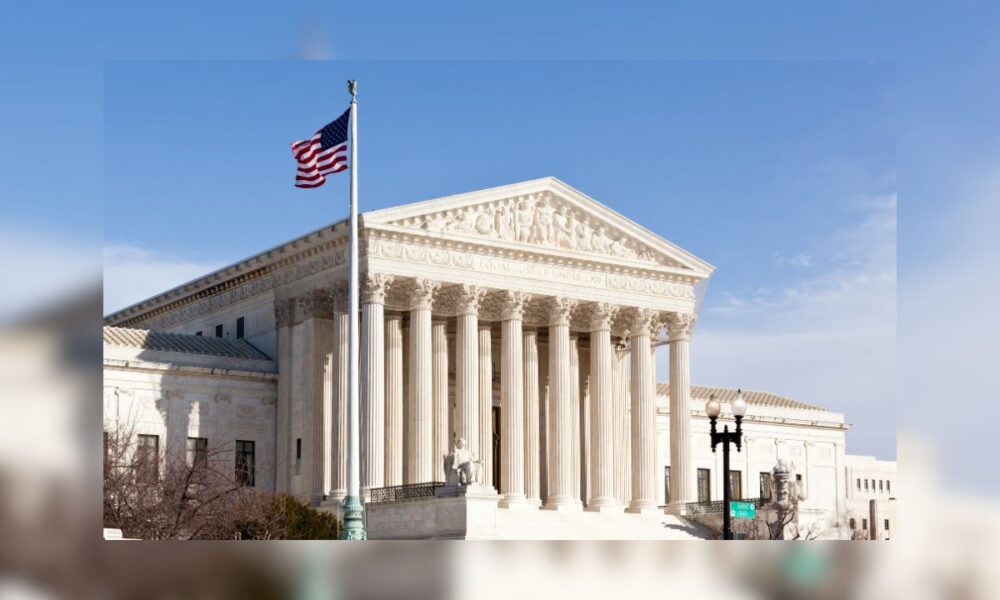The Supreme Court on Wednesday upheld Tennessee’s ban on “gender-affirming” care for “transgender” minors, dealing a significant blow to “transgender rights” in a 6-3 decision.
Chief Justice John Roberts, writing for the conservative majority, said the Tennessee law does not violate the Constitution’s equal protection clause, which requires the government to treat similarly situated people the same.
“This case carries with it the weight of fierce scientific and policy debates about the safety, efficacy, and propriety of medical treatments in an evolving field,” Roberts wrote. “The voices in these debates raise sincere concerns; the implications for all are profound.”
He added that the court’s role is “only to ensure” that the law “does not violate” the equal protection clause. “Having concluded that it does not, we leave questions regarding its policy to the people, their elected representatives, and the democratic process.”
The decision effectively shields similar laws in 26 other states from legal challenges, reinforcing efforts by President Donald Trump’s administration and Republican-led states to roll back protections for “transgender” people. Tennessee’s law, known as SB 1, bans “puberty blockers” and hormone therapy for “transgender” minors and imposes civil penalties on doctors who violate the prohibitions. It allows the same drugs for other medical purposes, a point raised by critics as evidence of sex discrimination.
Justice Sonia Sotomayor, joined by Justices Elena Kagan and Ketanji Brown Jackson, dissented, arguing that the majority “abandons transgender children and their families to political whims.” In a rare move, Sotomayor read her dissent from the bench, stating the ruling does “irrevocable damage to the Equal Protection Clause and invites legislatures to engage in discrimination by hiding blatant sex classifications in plain sight.” She added, “The majority refuses to call a spade a spade.”
The case, initially challenged by three “transgender” minors, their parents, and a Tennessee doctor, was joined by the Biden administration, which argued the law violated the Fourteenth Amendment’s equal protection clause. The Biden administration noted that a child born female could access “puberty blockers” and estrogen for certain conditions, but a child born male could not for gender transition, asserting, “That is sex discrimination.”
However, after President Trump took office, the Justice Department reversed its stance and no longer supported the challengers.
The decision departs from the court’s 2020 ruling in Bostock v. Clayton County, which found that federal law prohibiting workplace sex discrimination also protects “transgender” and gay individuals. On Wednesday, the justices declined to apply similar reasoning, instead applying rational basis review, the lowest level of judicial scrutiny, under which laws are typically upheld. A federal appeals court in Cincinnati had previously allowed Tennessee’s ban, finding lawmakers acted rationally to regulate medical procedures.
The ruling follows a recent decision by the United Kingdom’s top court, which held that “trans” women can be excluded from certain single-sex spaces under the U.K. Equality Act.


